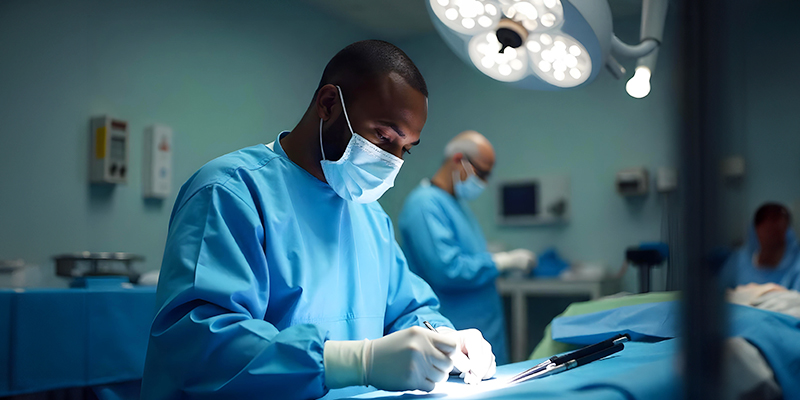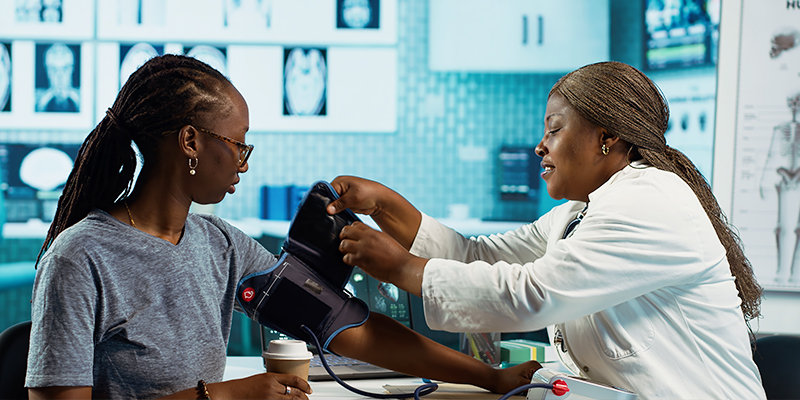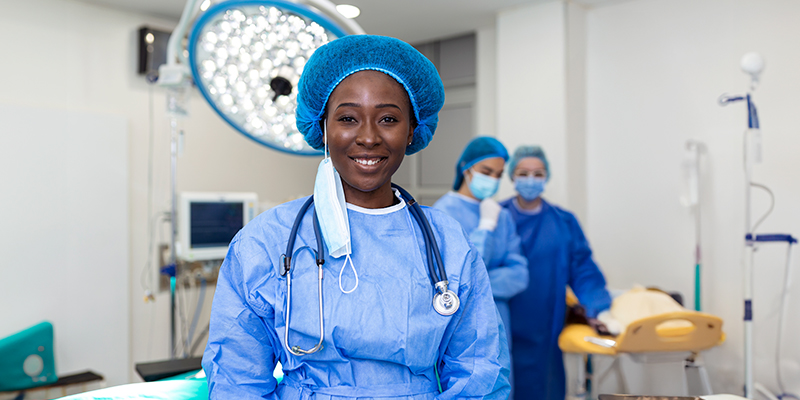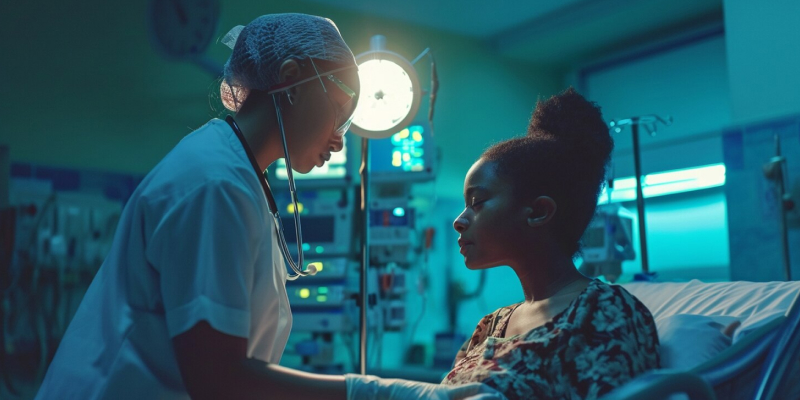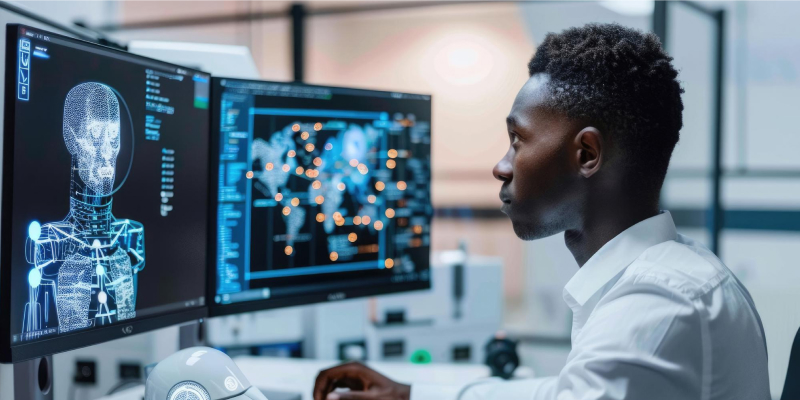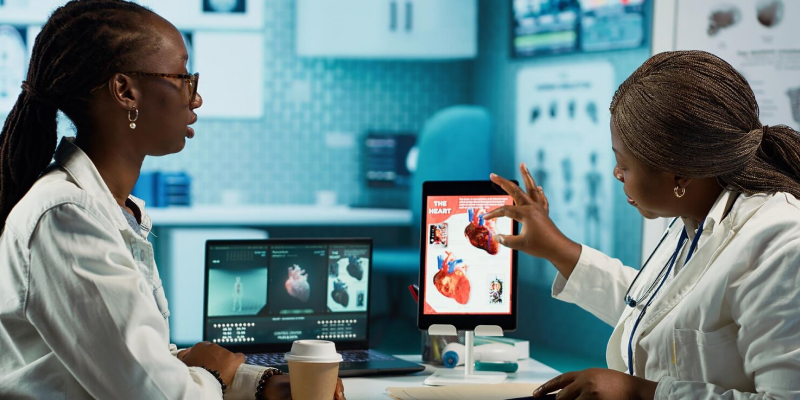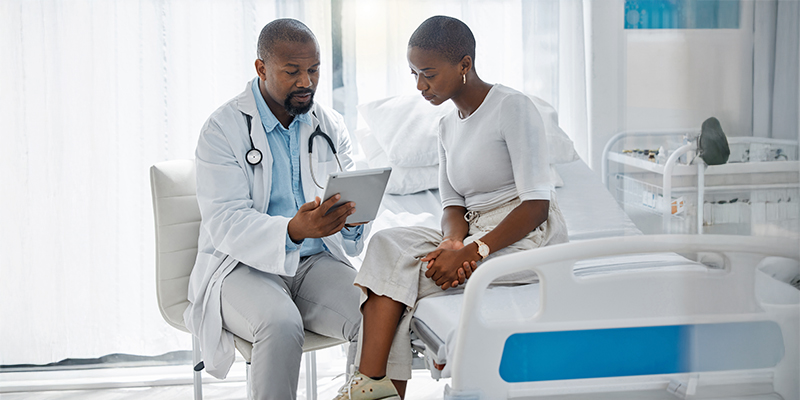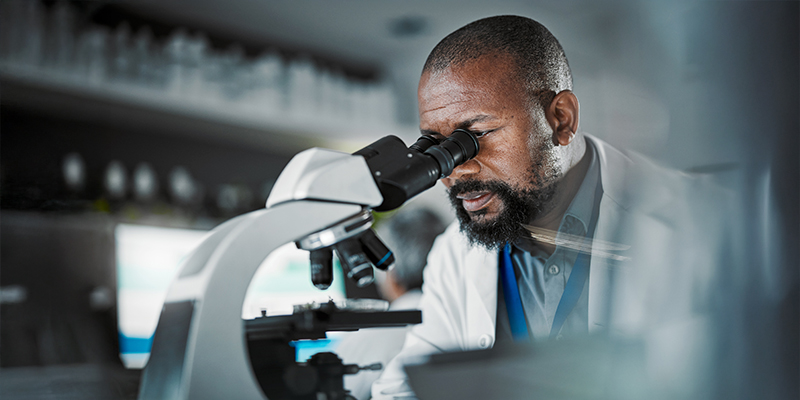Know your skin
Skin is the largest organ of your body, it covers and protects your whole body. It is very crucial to take good care of your skin. It helps in the prevention of dehydration, helps in sensing the temperature or pain, stabilises body temperature, synthesises vitamin D in response to exposure to the sun.
What are skin diseases?
Skin diseases are conditions that irritate, clog or inflame the skin. These may result in rashes, inflammation, itchiness or any other changes in the appearance of the skin. The root cause may be genetic or lifestyle factors. To treat skin problems, treatment plans may include oral medicines, applying ointments or lifestyle changes.
What are the most common skin diseases?
Although some skin problems are minor, some may lead to severe symptoms. Some most common skin diseases are as follows:
Acne
It is the most common skin condition all over. It blemishes the facial skin. It includes blackheads, whiteheads, pimples and cysts. These occur due to excess production of sebum by oil glands of the skin. It clogs pores. Bacteria can also be the reason for this. Acne is most common among teenagers, but one can get it at any age. Blemishes usually appear on the face, neck, back, chest or shoulders. If you do not pay attention to time, it can leave permanent scars.
Eczema
Eczema is the term used for several skin conditions that cause inflammation of the skin. It can be very uncomfortable. It causes red, swollen, dry and itchy skin. A Dermatologist can diagnose it with certain tests and skin examination and prescribes medicines and ointments depending on the condition and type of it.
Psoriasis
It is related to the immune system. It leads to the quick formation of skin cells, which pile up on the skin surface to form plaques. These can be red, thick and have silvery scales. These patches can be very painful or itchy. These usually occur on elbows, knees, face and scalp. Creams or ointment can be very helpful to cure these in addition to oral medicines to help suppress the overactive immune system.
Varicose veins
It is the condition when veins are swollen, twisted and painful. These occur when valves of the veins weaken or get damaged. Varicose veins look raised or bulging and most commonly develop on legs. These swollen veins often increase the risk of blood clots and skin damage. The main factors responsible for these are mainly excess body weight and a sedentary lifestyle. Treatment depends upon the severity of the condition. These can be cured with surgery, and a treatment plan may include the use of supportive stocking regularly, taking medicines and following a recommended lifestyle.
Visit a medical centre to consult a skin specialist or dermatologist Most skin diseases respond very well to the treatment plan. A dermatologist evaluates the skin condition and prescribes a treatment plan to follow. Sometimes, it may be a long term plan. Always remember to check your skin and consult a dermatologist immediately if you notice any deviations from the normal condition.
There are thousands of conditions that can impact the skin. Some may lead to mild symptoms but some can be very serious and can interfere with everyday life. So, redness, itching, pain, rashes are all the signs you need to visit a dermatologist.
All skin problems require immediate attention and medical care from experienced dermatologists. You may visit HJ Hospitals in Kinshasa, DR Congo for consultations and treatment. At HJ, we have a dedicated team of expert dermatologists, nurses, and other medical staff working round-the-clock to treat and cure such ailments. So, do not hide your problem and step towards healthier skin with HJ Hospitals!






 Mar 17, 2022
Mar 17, 2022





